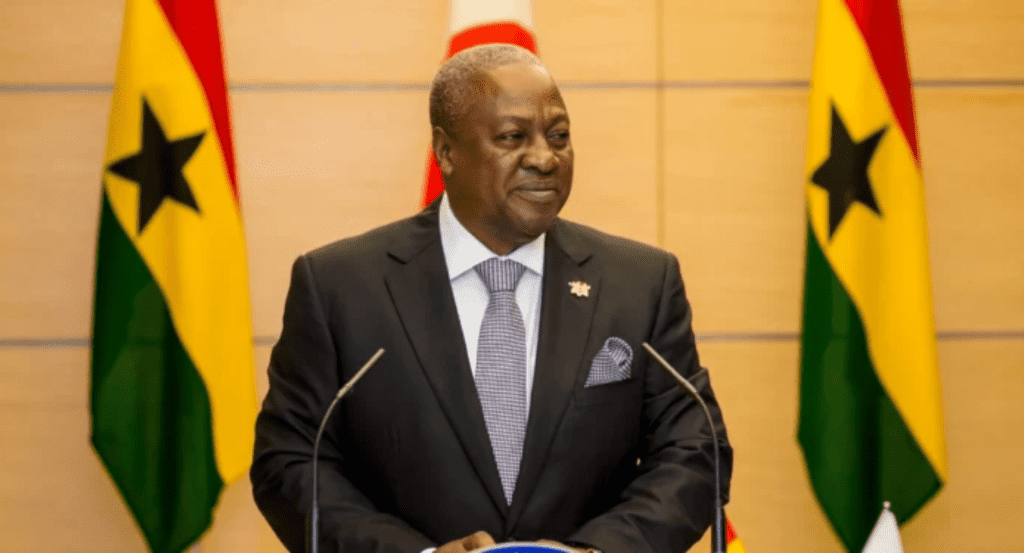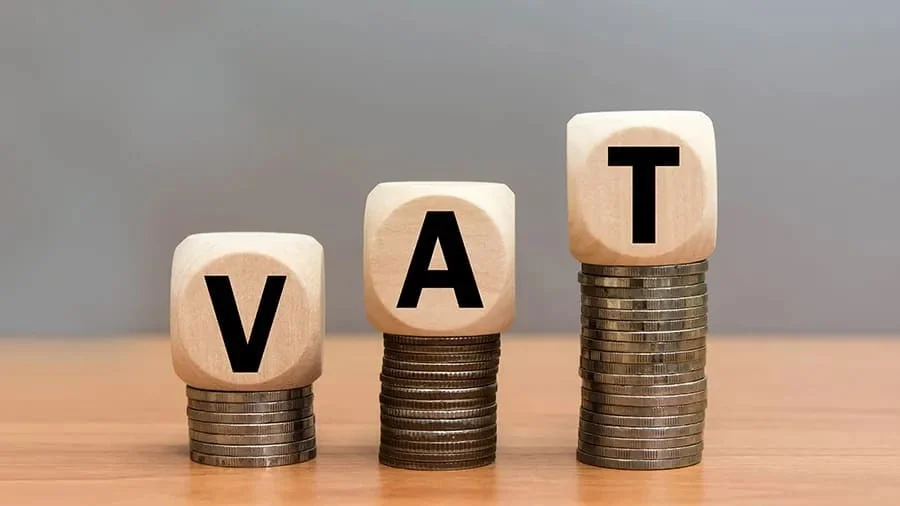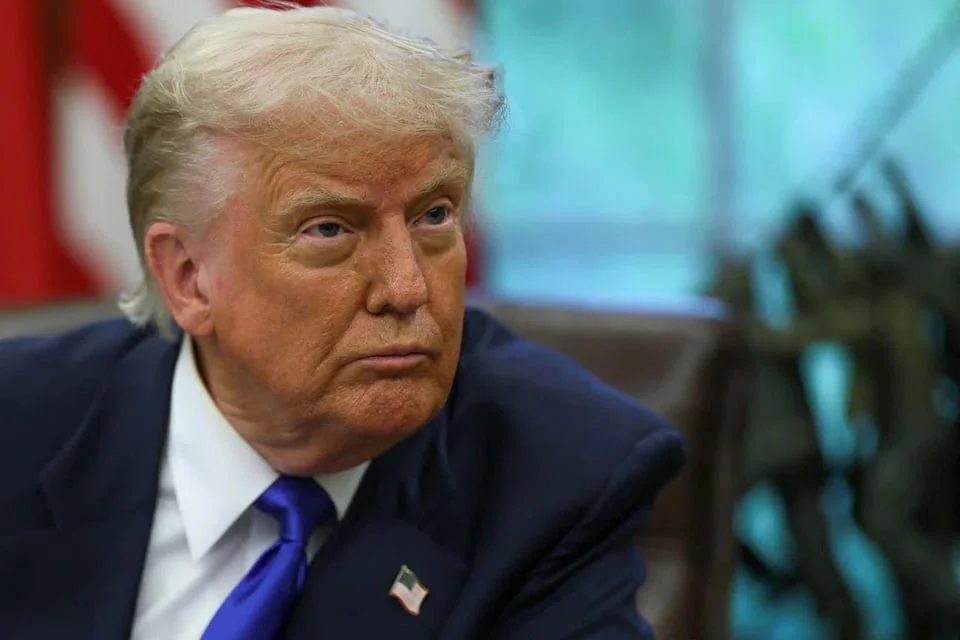In a bold cost-cutting move, Ghanaian President John Dramani Mahama has dissolved seven government ministries as part of a broader effort to reduce public expenditure and steer the country toward economic recovery. The decision comes amid rising concerns about Ghana’s fiscal health and the need to align government spending with available resources.
The affected ministries include Aviation, Inner Cities and Zongo Development, Sanitation, Water Resources, Planning, Monitoring and Evaluation, Regional Reorganization, and Business Development. Their functions will now be merged into existing ministries to ensure continuity of critical services without incurring additional costs.
Speaking at a press briefing in Accra, President Mahama emphasized that the measure was necessary to address the economic challenges facing the nation. “The size of government must reflect our economic reality. By streamlining our operations, we are reducing waste and redirecting resources to areas that matter most for the people,” he said.
The move has received mixed reactions from the public and political analysts. Supporters laud the president’s decisive approach, highlighting the potential savings in administrative costs and the symbolic value of a leaner government. However, critics question the practicality of merging large portfolios and the potential for job losses within the public sector.
Ghana’s economic difficulties have been compounded by rising debt levels, currency depreciation, and inflationary pressures. Experts have linked the current crisis to years of over-reliance on foreign loans and inefficient public sector management. The government’s decision to cut down on its bureaucratic structure is seen as a step toward addressing these systemic issues.
In addition to dissolving ministries, President Mahama reaffirmed his commitment to fiscal discipline and announced plans to strengthen oversight of government projects. He assured citizens that funds saved from these measures would be invested in priority sectors such as health, education, and infrastructure development.
Economic analysts believe the move could boost investor confidence, which is crucial for Ghana’s recovery. However, they caution that the government must pair cost-cutting measures with long-term strategies to improve revenue generation and foster sustainable growth.
As Ghana navigates this period of economic adjustment, all eyes will be on the government’s ability to manage the transition effectively while ensuring that essential services remain uninterrupted.























